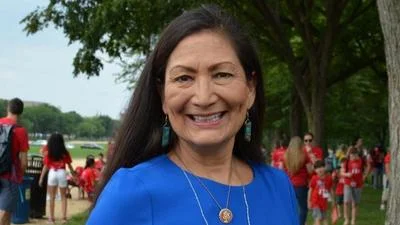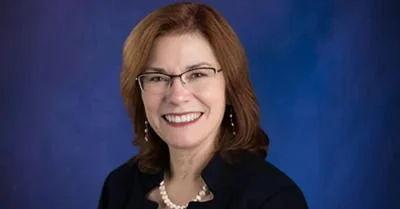New Mexico House Republicans have announced that following a Department of Health study revealing an escalating homelessness crisis, Representative Nicole Chavez (R-Albuquerque) has sent a letter to Mayor Tim Keller. The letter requests data on the city’s homelessness programs and their effectiveness.
According to the New Mexico Department of Health, over 30,000 people experienced homelessness statewide from 2019 to 2023, with Bernalillo County accounting for 60% of cases. Chavez, representing Albuquerque’s District 31, requested a comprehensive breakdown of the city’s annual spending on homelessness programs, descriptions of funded programs and services, and the performance metrics used to evaluate their effectiveness.
"Despite millions of taxpayer dollars being spent each year on homelessness programs, the situation in Albuquerque, and our state, is only getting worse. Our communities are demanding answers," said Chavez. "This is a public health and public safety crisis that is only growing. My request to the city is simple: show us where the money is going and prove that it’s working. That’s the only way we can build trust with the public and craft meaningful policy going forward."
The New Mexico Department of Health released a report analyzing hospital data from 2019 to 2023 to better estimate the number of people experiencing homelessness (PEH) and their health outcomes. The study found that 30,882 PEH received hospital care during this period, including 869 children under five years old. There were 488 deaths primarily due to heart attacks, acute kidney failure, firearm injuries, cold-related illnesses, and motor vehicle accidents. The data revealed two to four times more PEH annually than the state’s official Point-in-Time count. Among those identified, 66% were male and 34% female, with racial breakdowns showing disproportionate representation of Native American/Alaskan Native and Black/African American groups.
The New Mexico House Republicans focus on reducing government size, promoting individual responsibility, and protecting personal freedoms. They aim to preserve Second Amendment rights while addressing economic and infrastructure issues and empowering local authorities. Their policies include enhancing penalties for firearm-related crimes while opposing gun ownership restrictions for law-abiding citizens.









